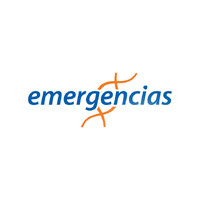
Integra Health
Integra Health Centre is a BIPOC, female-owned organization founded in 2015 with a mission and vision to change the way healthcare is delivered. We are a leading healthcare services company delivering integrated medical, rehabilitation, mental health, and wellness solutions to individuals, corporate clients, and government agencies. Our 2 clinics are located in the Financial District PATH in Downtown Toronto, where we offer both in-person and virtual care to meet the diverse and evolving needs of our patients. Beyond our clinics, Integra Health provides comprehensive corporate wellness programs and national government staffing solutions — ensuring health and well-being are prioritized in workplaces, communities, and remote regions across Canada.






